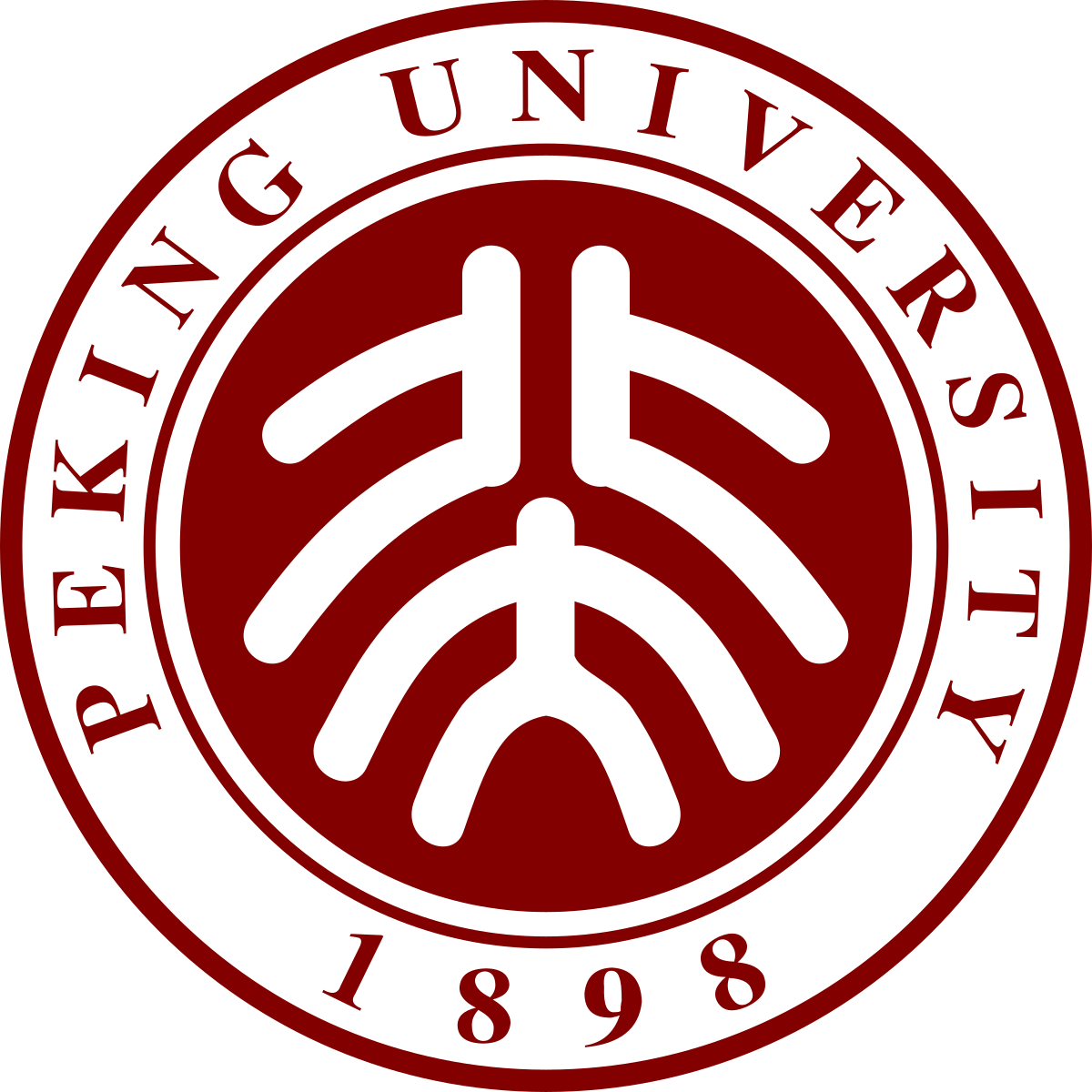{{phone.Value}}
successful admissions
of students enter the university of their choice
students consult Education Index when applying for universites
successful admissions
of students enter the university of their choice
students consult Education Index when applying for universites
Peking University is a comprehensive and National key university. The University consists of 30 colleges and 12 departments, with 93 specialties for undergraduates, 2 specialties for the second Bachelor's degree, 199 specialties for Master candidates and 173 specialties for Doctoral candidates.
While still laying stress on basic sciences, the university has paid special attention to the development of applied sciences. At present, Peking University has 216 research institutions and research centers, including 2 national engineering research centers, 81 key national disciplines, 12 national key laboratories. With 11 million holdings, the university library is the largest of its kind in Asia.
The university has made an effective combination of the research on important scientific issues with the training of personnel with high-level specialized knowledge and professional skill as demanded by the country's socialist modernization. It strives not only for the simultaneous improvements in teaching and research work, but also for the promotion of interaction and mutual promotion among various subjects.
Peking University now consists of five faculties: Humanities, Social Sciences, Sciences, Medicine, and Information and Engineering.
In 1898 the then Imperial University of Peking was founded as the first national university covering comprehensive disciplines in China, replacing the ancient imperial academy which had for hundreds of years trained administrators for China’s civil service. When China became a republic in 1912, the university took on its current name.
Today Peking University is a member of the C9 League, analogous to the Ivy League in the United States, and often ranked among the top higher education institutions in China.
The university has been crucial to China's modernization, and maintains that it has retained a traditional emphasis on patriotism, progress and science. It is the first modern national university established in China, founded as the Imperial University of Peking in 1898 as a replacement of the ancient Taixue or Guozijian, or Imperial Academy. It also served as the highest administration for education (ministry of education) in China at the beginning of its founding.
Among its faculty, 53 are members of the prestigious Chinese Academy of Sciences, and seven of the equivalent academy of engineering. Peking merged with Beijing Medical University in 2000, adding a range of new medical courses and disciplines.
U.S. News & World Report ranked Peking University 41st in the world, 1st in Greater China, and 2nd in Asia in 2014. It also topped the newly launched Times Higher Education BRICS & Emerging Economies the same year.
According to the latest data published by the Essential Science Indicators, Peking University, among universities and research institutions worldwide, ranked in the top 1% in 18 fields including mathematics, physics, chemistry, biology and biochemistry, monocular biology and genetics, computer science, engineering, materials science, botany and zoology, earth science, agronomy, psychiatry and psychology, environmental science and ecological science, clinical medicine, pharmacology and toxicology, neuroscience and behavioral science, social science, economics and business, standing out as the best in Mainland China.
The latest data from China’s Ministry of Education regarding the academic performance of universities nationwide also indicate the University’s prominence in humanities, natural sciences and medical sciences.
16 out of its 48 disciplines evaluated were the best in China, 35 ranked the top 3, overtaking other universities by a considerable margin and showing its incomparable comprehensiveness. 16 No.1 disciplines: mathematics, physics, chemistry, geophysics, mechanics, Chinese language and literature, foreign languages and literature, Chinese history, world history, archeology, philosophy, political science, art theory, basic medicine, pharmacology, nursing; 35 disciplines ranked among the top 3 were evenly distributed in 5 faculties, 14 in the faculty of humanities and social sciences, 10 in the faculty of sciences, 5 in engineering, and 6 in medical science.
